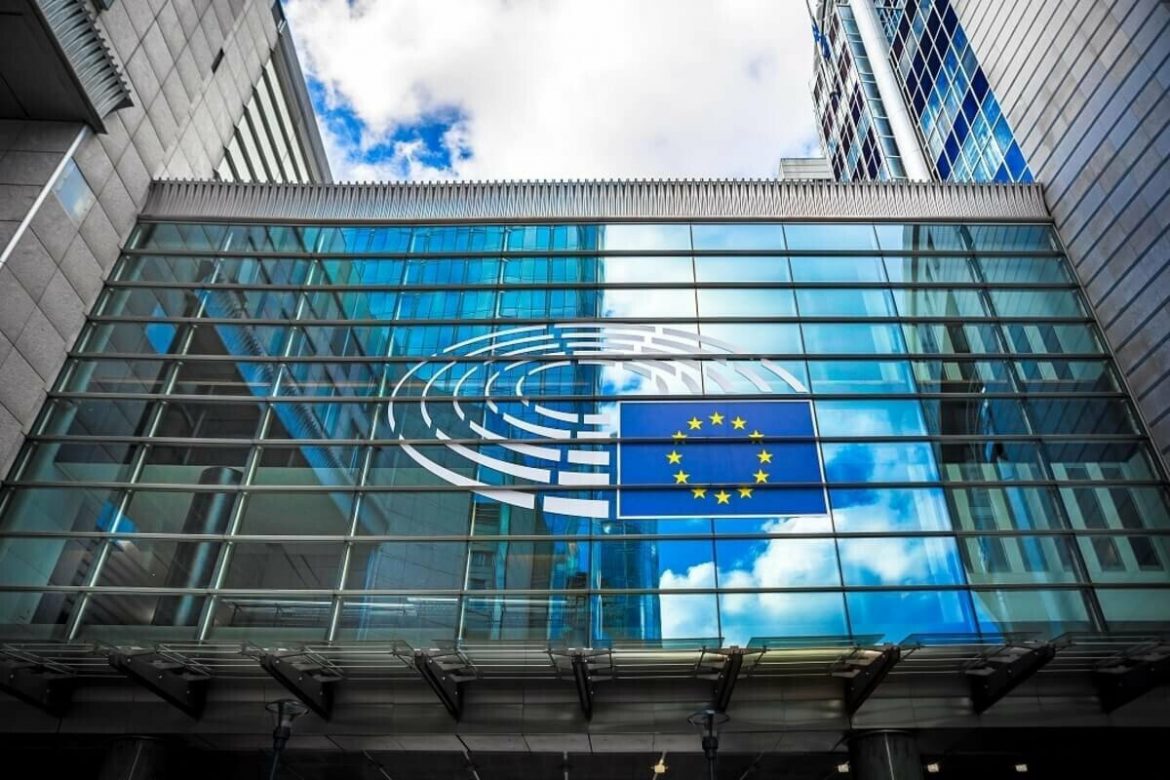A new central bank digital currency (CBDC) in Europe would be designed with privacy in mind, although it would never be as private as cash is, according to a European Central Bank (ECB) official.
Speaking before the European Parliament’s Committee on Economic and Monetary Affairs on Monday, ECB board member Fabio Panetta said a euro CBDC would “complement” cash, and mimic the best features of cash payments.
Still, such a CBDC would most likely not offer the same degree of privacy as cash does, he admitted.
“We will try to replicate the features of cash that people appreciate, that citizens prefer. That is, maximum level of privacy,” Panetta said.
He added that this means a CBDC in the EU will be designed with the “maximum level of privacy” in mind, including a possibility for some small transactions to be made anonymously.
The ECN official said:
“We are studying – even though the technology is not mature yet – the possibility of having offline payments, that for limited value payments could give people access to fully anonymous [payments].”
But despite talking seriously about the introduction of a semi-private digital euro, Panetta denied that the ECB is planning to get rid of cash in the Eurozone.
“We would not deprive [citizens] of any option,” he said. “The options that are available today for them to do their payments would be available tomorrow, plus one additional option,” he told the lawmakers, before finally adding:
“Sovereign money will not only be in physical form, it would also be digital.”
A new central bank digital currency (CBDC) in Europe would be designed with privacy in mind, although it would never be as private as cash is, according to a European Central Bank (ECB) official.
Speaking before the European Parliament’s Committee on Economic and Monetary Affairs on Monday, ECB board member Fabio Panetta said a euro CBDC would “complement” cash, and mimic the best features of cash payments.
Still, such a CBDC would most likely not offer the same degree of privacy as cash does, he admitted.
“We will try to replicate the features of cash that people appreciate, that citizens prefer. That is, maximum level of privacy,” Panetta said.
He added that this means a CBDC in the EU will be designed with the “maximum level of privacy” in mind, including a possibility for some small transactions to be made anonymously.
The ECN official said:
“We are studying – even though the technology is not mature yet – the possibility of having offline payments, that for limited value payments could give people access to fully anonymous [payments].”
But despite talking seriously about the introduction of a semi-private digital euro, Panetta denied that the ECB is planning to get rid of cash in the Eurozone.
“We would not deprive [citizens] of any option,” he said. “The options that are available today for them to do their payments would be available tomorrow, plus one additional option,” he told the lawmakers, before finally adding:
“Sovereign money will not only be in physical form, it would also be digital.”
